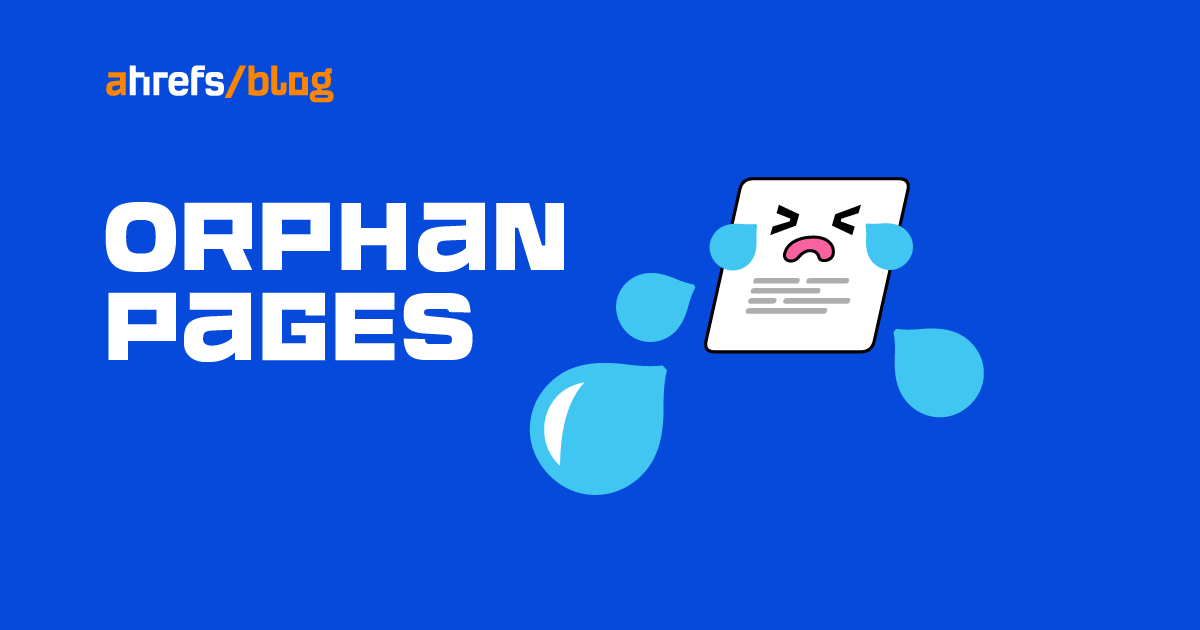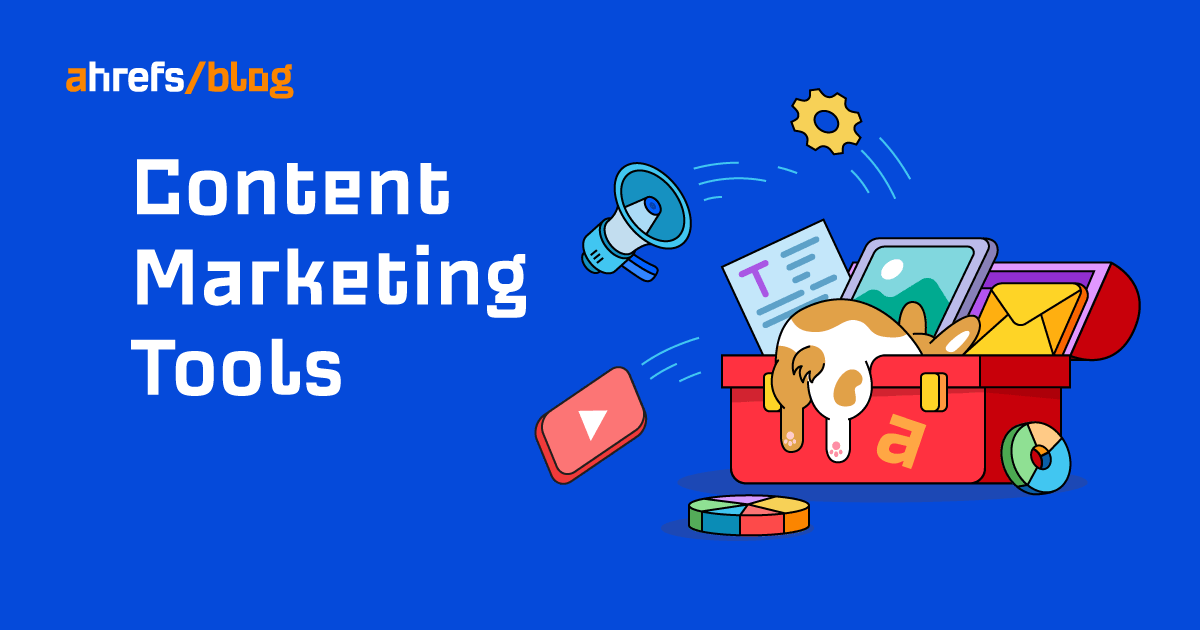Will AI Replace SEO Specialists? via @sejournal, @wburton27
Is AI coming for all our jobs? Learn how AI is reshaping the SEO industry and what it means for SEO specialists. The post Will AI Replace SEO Specialists? appeared first on Search Engine Journal.

With the expansion of generative AI and its integration into most SEO workflows and processes, coupled with the significant impact of layoffs in the tech sector, one has to ponder: is AI poised to replace all of our jobs?
In January, Google laid off hundreds of workers as it shifted its investments and focus to AI development. The tech giant is not alone; brands like UPS and Duolingo, to name a few, are doing the same thing.
Is this a new trend, or is it something to be really concerned about?
Let’s explore how AI is unlikely to replace SEO specialists completely, but it will certainly transform how we work.
A Closer Look At How AI Is Transforming The Field Of SEO
Before AI went mainstream, much SEO work was manual and required much time to perform certain tasks.
For example, optimizing a landing page could take thirty minutes to a couple of hours, depending on your experience and skill level.
Producing a content strategy took a good amount of time (i.e., a week or more), depending on the site, competition, search engine results pages (SERPs), etc. But now, with AI, SEO pros can do things quickly and more efficiently.
Here’s how AI can help us become more efficient. But be careful to also acknowledge the limitations of AI. A humanized approach, incorporating AI where appropriate, is a win-win situation.
Enhancement Of Tools To Drive Better Efficiency
AI has definitely enhanced some of the tools we use to perform our jobs, making tasks like keyword research, competitor analysis, and content optimization more efficient and effective.
AI algorithms can process copious amounts of data faster than humans, providing insights that can inform our SEO strategies.
For example, AI tools can help SEO specialists discover new keyword opportunities, analyze the performance of their content, and identify gaps and areas for improvement more quickly and easily than we previously did in the past.
AI tools can also automate some tedious and repetitive tasks that SEO specialists perform, such as generating titles and metadata, checking for broken links, optimizing images, finding the semantic relationships between keywords, identifying search trends, and predicting user behavior.
Content Creation And Optimization
One of the biggest benefits I have seen with AI is that it is particularly good at ideating content topics and even helping to draft content.
However, human oversight is crucial to ensure the content remains high-quality, accurate, and relevant to users while adhering to brand voice and E-E-A-T principles.
AI tools can help SEO specialists generate content ideas based on user intent, search trends, and competitor analysis. They can also help provide suggestions for headlines, subheadings, images, content briefs, and links.
However, AI tools cannot replace the human element of content creation, which requires creativity, empathy, and persuasion.
Humans must still create and review content to avoid potential legal and ethical issues, negative PR outcomes, and factual inaccuracies. With the March update, Google took aim at “scaled content abuse” and applied manual actions to many websites producing a large amount of AI content without human input.
SEO and content editors still need to review, edit, and approve any output from generative AI tools to ensure that it meets the expectations and needs of their target audience.
You can’t just take the content from your AI platform – not make it useful, relevant, factual – and hope it will rank because it probably won’t, especially for competitive phrases.
Changing The SEO Landscape
With the rise of AI and AI powering Google’s Search Generative Experiences (SGE), SEO could potentially go through one of the biggest changes that ever happened to the industry.
As search engines increasingly use AI to refine their algorithms, SEO specialists need to adapt their strategies. AI can help them stay ahead of these changes by predicting trends and identifying new optimization opportunities, such as SGE snippets.
For example, AI tools can help SEO specialists not only monitor and analyze the impact of algorithm updates, but also provide recommendations for adjusting SEO tactics accordingly. They can also help leverage new features and formats that search engines introduce, such as SGE featured snippets.
By leveraging AI tools, SEO specialists can optimize content for these new formats, increasing their chances of ranking higher and attracting more qualified traffic to their clients and their own sites. This success hinges on interpreting the data and putting together a winning SEO strategy.
Human Insight And Creativity
Despite the advancements in AI, human insight and creativity remain essential. Understanding audience needs, crafting compelling messages, and strategic thinking are areas where humans excel and are critical in SEO.
AI tools can provide data and insights but cannot replace the human ability to interpret and apply them.
SEO specialists still need to use their judgment and experience to decide which SEO strategies and tactics are best suited for their goals and context.
They also need to use their creativity and storytelling skills to create content that engages and persuades their audience and builds trust and loyalty.
AI tools cannot replicate the human emotion and connection vital for a successful SEO strategy.
Ethical Considerations And Best Practices
AI tools must be used responsibly and in accordance with search engine guidelines. SEO specialists play a key role in ensuring the ethical use of AI and adherence to best practices to avoid penalties.
As SEO professionals, we need to be aware of the potential risks and challenges of using AI tools, such as data privacy, bias, and quality issues. We also must ensure that the data we use and the content we generate with AI tools are accurate, relevant, and trustworthy.
AI’s Enhancements And Boundaries In SEO
AI has certainly made it easier and more efficient to complete SEO tasks, such as on-page optimization and coding, which frees up some of our time to work on strategic growth opportunities.
These advancements are not perfect and do have some limitations, including:
AI is dependent on being trained on pre-existing information and data. It lacks the ability to innovate beyond known information unless it has been trained on it. The lack of human experience and wisdom. AI cannot match the nuanced understanding and contextual insight in a way that experienced SEO professionals do. Requirement for direct inputs. AI’s effectiveness is contingent on the quality of the inputs it receives, and it can struggle with subtle strategy shifts that we humans can easily navigate.Wrapping Up
AI will continue to become an invaluable tool for SEO specialists, but it won’t replace the need for human expertise, creativity, and strategic thinking.
The role of SEO specialists will evolve, with a greater emphasis on managing and interpreting AI-generated data and insights – and less on manual and repetitive tasks that the machines can now do with human oversight.
SEO specialists who actively learn and embrace AI with a human-centric approach to refine their skill sets will gain a competitive edge and a brighter future in the SEO industry.
More resources:
AI For SEO: Can You Work Faster & Smarter? Can AI Perform SEO? Experimenting With OpenAI’s GPT-3 SEO Trends 2024Featured Image: Stokkete/Shutterstock

 AbJimroe
AbJimroe 





























